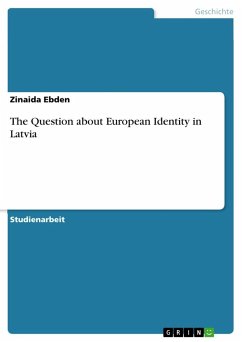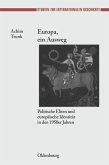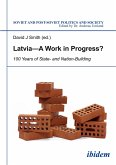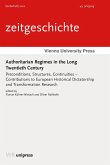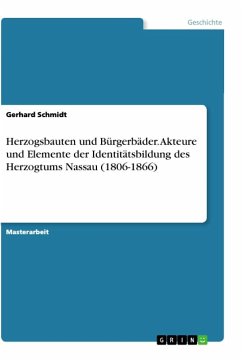Studienarbeit aus dem Jahr 2016 im Fachbereich Geschichte Europas - Neueste Geschichte, Europäische Einigung, Note: 1,3, Technische Hochschule Wildau, ehem. Technische Fachhochschule Wildau, Veranstaltung: European Identities, Sprache: Deutsch, Abstract: The aim of this paper is to answer the question, of which cultural and political criteria the concept of European identity within the member states of the EU is made of.By examining events of historical relevance, the author is going to investigate how national identity within Latvia has evolved and how this identity is linked to the idea of a European identity. Finally, the author is going to answer the question in what sense there is an understanding of and identification with the concept of European identity in Latvia today. For this purpose, the author will start with creating a theoretical basis for this paper by first examining the concept of identity from a cultural and sociological point of view. Then, the author will discuss the term of European identity by putting it into a political as well as societal context.In addition, the author will describe how national identity in Latvia has manifested itself in the course of time, both before and after Latvia's final independence in 1991. By using the results previously found, the author will establish a relationship between national and European identity in Latvia to finally answer the question to which extent there is an identification with the concept of European identity within Latvia's population today. Lastly, this paper will be completed with a summarizing conclusion.

